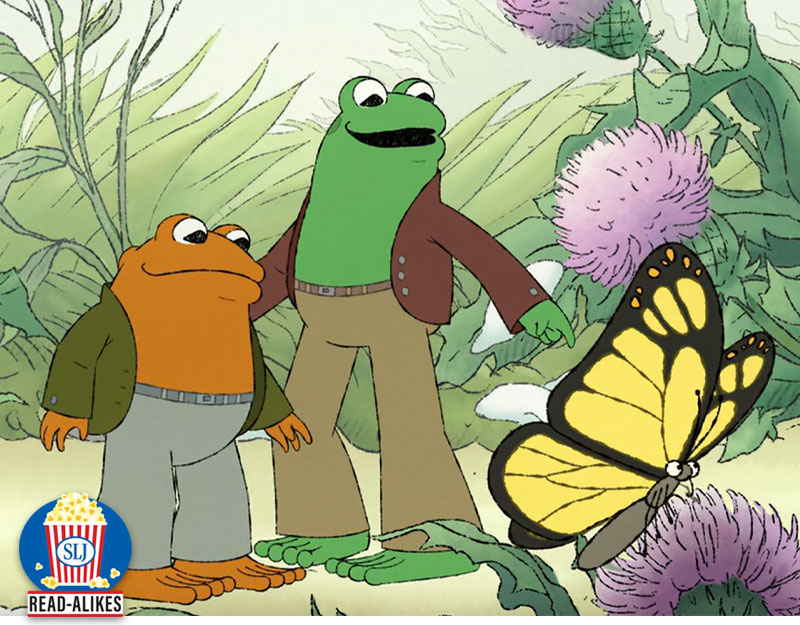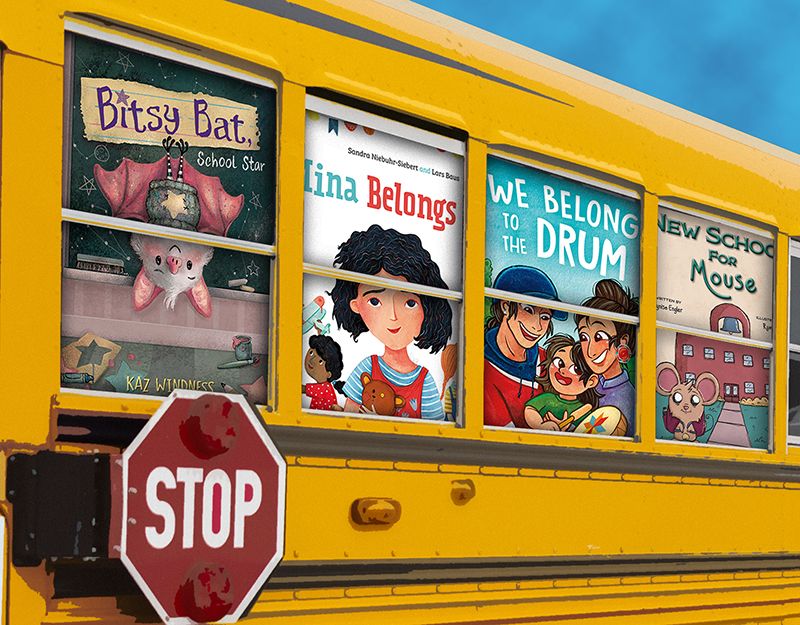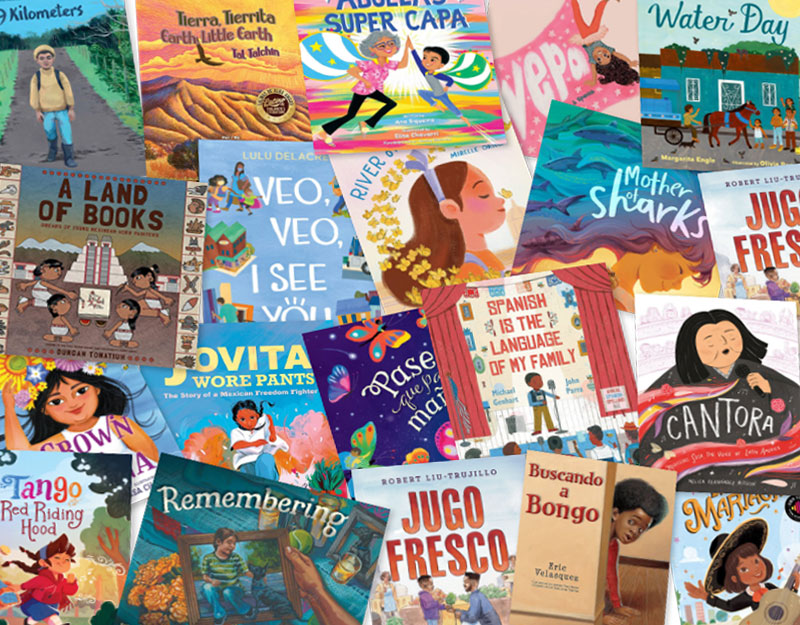Teaching RevolTeens How to Go Farther – Together , by Teen Librarian Christine Lively
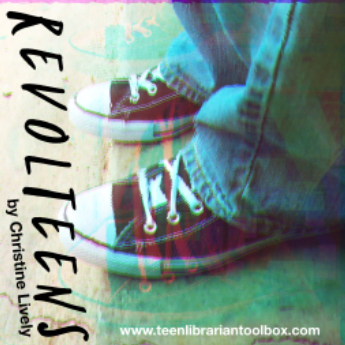
From the time teens are born, their families and then their teachers celebrate, measure, and mark their lives based on what they can do “all by themselves.” Achievements are more important when they’re accomplished alone. The message is, “It’s only worth celebrating when you’ve done it without any help.”
We need to change the way we measure achievement. Finding and accepting help is something that RevolTeens do all the time in their quest to change the world. They don’t insist on doing it alone. Asking for help should be celebrated and lauded.
ADVERTISEMENT
ADVERTISEMENT
So many teens hit a brick wall at some point. Some of the crises they will face may center on academics, relationships, health, and opportunities. Tackling problems in any of these areas, and especially in a crisis, requires outside help. However, young people who have been conditioned to believe they should be able to tackle everything “all by themselves” often view asking for help as a sign of weakness and a cause for shame. Those teens suffer pain, and embarrassment that could largely be avoided. We need to start teaching kids, from a young age, to ask for help and that accomplishments achieved with outside help, are often life’s greatest wins. Building communities of support is often the difference between a teen thriving or struggling.
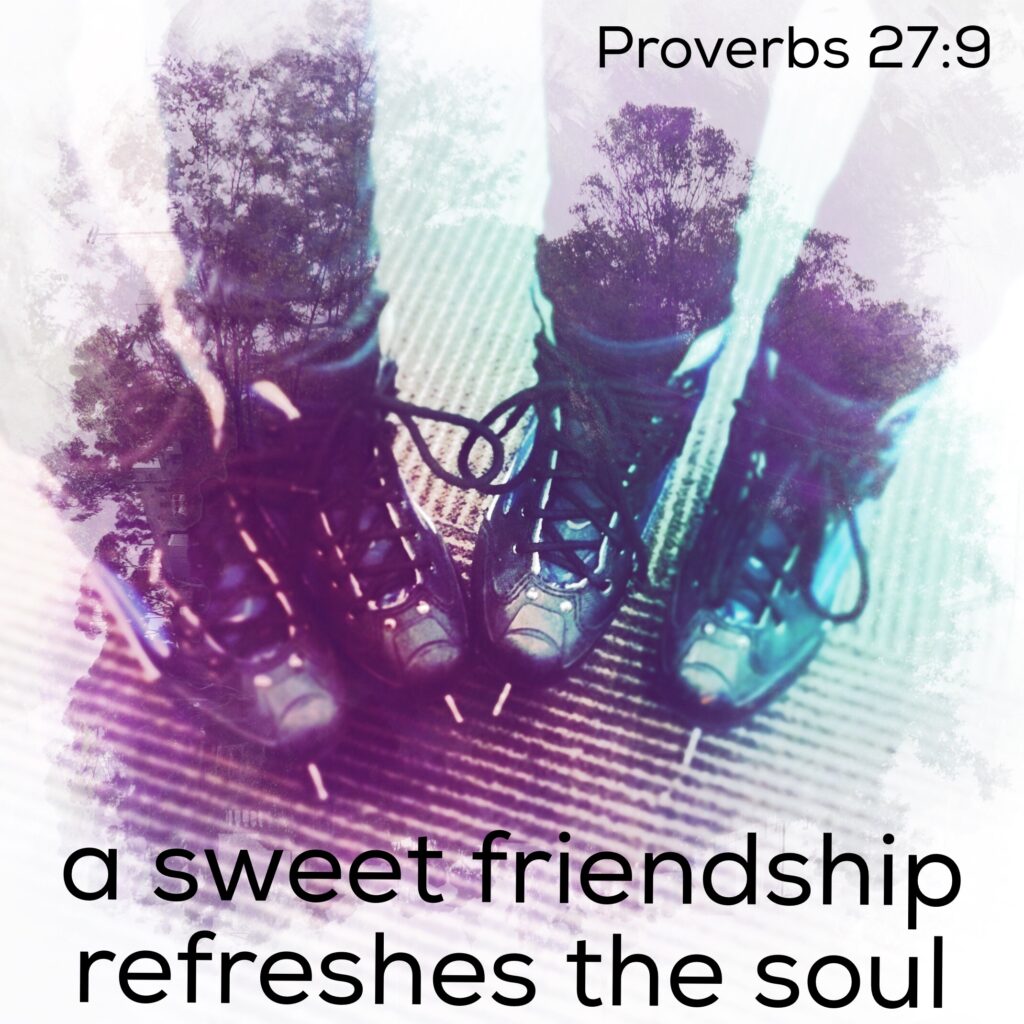
Mental health issues plague so many of us at some point in our lives. I am a young adult life coach and high school librarian. I’ve worked in middle and high schools for over a decade. I have three kids of my own who are 23, 20, and 17 years old, and one thing I know is that every kid I’ve worked with has needed to ask for help. Not all of them have asked and they suffer as a result. Kids are told that mental health problems can be life threatening and they’re instructed to keep an eye out for their own struggles and those of their friends. They’re given wonderful and well meaning information about the resources available – school counselors, therapists, and life coaches. They know all this, but they also have been told that they can do anything they set their minds to “all by themselves” dozens, if not hundreds of times since they were babies. As a result, asking for help sounds a lot like failure.
Teens who question the world around them and who challenge authority need allies and community around them. Those who recruit people to help them talk through ideas learn more about the world they’re questioning, and to help with their work will go farther and accomplish more together. Working together to achieve a goal is a critical skill that teens should be able to practice more often. This column has profiled dozens of RevolTeens who have been successful when they ask for help and work with their communities. Whether organizing marches to demand that Black Lives Matter, or working with friends to deliver groceries to elderly neighbors, or curating art exhibits to ensure greater diversity, the teens who successfully change the world do so with help from many others.
The COVID pandemic is making isolation a way of life for teens. According to the New York Times “Since the start of the pandemic, the National Alliance on Mental Illness has heard from many young adults experiencing anxiety and depression, which the organization attributes partly to social isolation. The group has cautioned parents and teachers to look for warning signs, including severe risk-taking behavior, significant weight loss, excessive use of drugs or alcohol and drastic changes in mood.” Now, more than ever, teens need to know that the support and help they need is still out there for them, even though they don’t see the helpers in their isolation.
Any successful social movement, campaign, or revolutionary change happens when people work together to help each other. RevolTeens need to be reminded that they don’t have to change their world alone. There are people who are ready to help them achieve their dreams from school counselors, coaches, teachers, family, and even those people who read about their accomplishments or learn about them through social media.
Life after school as an adult requires constant asking for help. We have to find help to get jobs, to find a place to live, and to pay our taxes often. Knowing how to ask for help, to work with others, and to not take the world on alone are skills we need to teach the teens in our lives as we support their learning and growing.
ADVERTISEMENT
ADVERTISEMENT
Savanna Williams is a teen in Kansas City who has asked for help from many people which has enabled her to donate her gorgeous paintings to help children and adults who are struggling. Savanna has founded her own nonprofit organization called Angel Hands Art Foundation which has a team to help Savanna successfully raise money and make donations. This RevolTeen is making a difference, but not all by herself.
Divya K. Chhabra, MD, a psychiatrist, activist, and writer in New York City, gave excellent advice to young activists in Teen Vogue. She advises, rest, reflection, and leaning on support to get you through a long fight for justice. “This may mean different people for different kinds of support. If you have a friend who makes you laugh, find joy in that connection. Find the friend who reliably understands your truth so you can commiserate together. Find the therapist who understands that therapy doesn’t start with a blank slate. It’s OK to choose your battles and to decide when something isn’t working for you.” Teens will need different kinds of support fron different people. If we’re teaching then to ask for and seek out help when they need it, we’ll be helping them take on big challenges, and helping to preserve their mental health.
Asking for help, and accomplishing things with help must be celebrated in our kids – from the youngest ages. Yes, individual accomplishments are worth celebrating, but relying on others and accomplishing tasks together should be lauded even more loudly. If asking for help when they’re stuck on homework, a project, or helping around the house is acknowledged as an act of strength, courage, and intelligence, our kids will gain more experience and pride in moments when they realize they can’t do something alone.
About Christine Lively
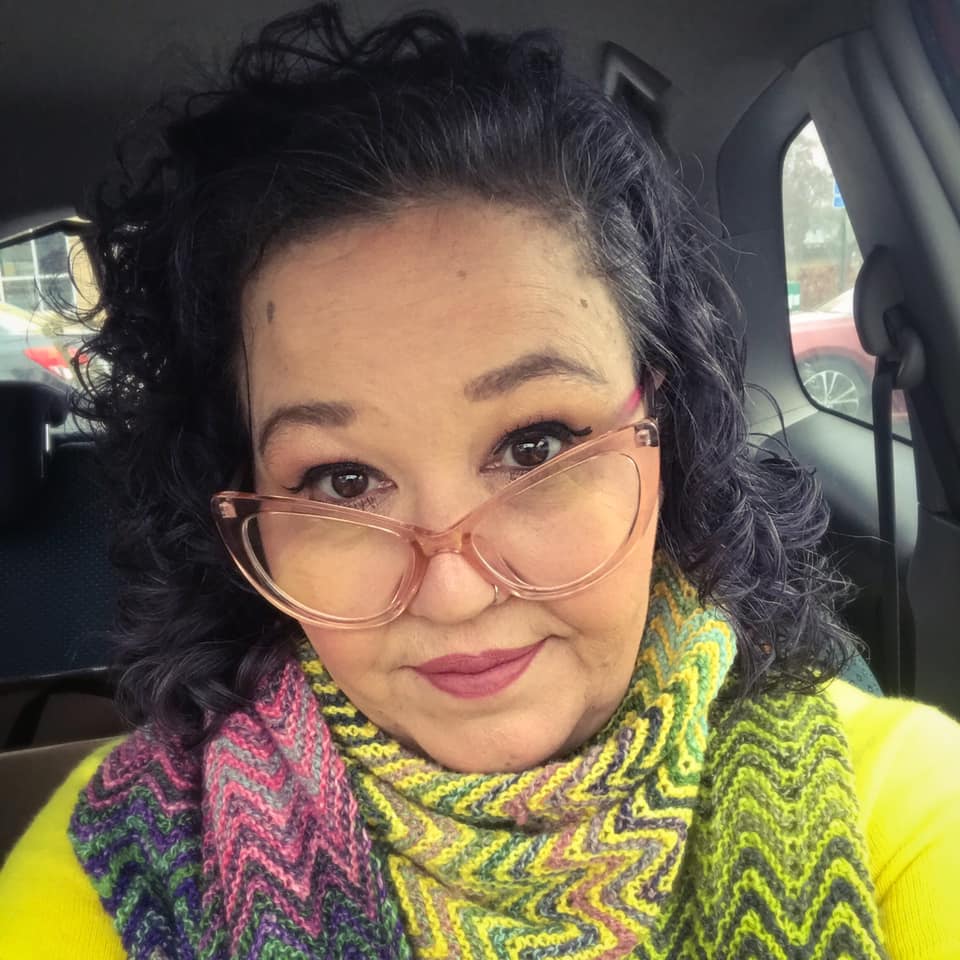
Christine Lively a school librarian in Virginia. I read voraciously, exchange ideas with students, and am a perpetual student. I raise monarch butterflies, cook, clean infrequently and enjoy an extensive hippo collection. I am a Certified Life Coach for Kids 14-24 and my website is christinelively.com. Christine blogs at https://hippodillycircus.com/ and you can follow her on Twitter at https://twitter.com/XineLively.
Filed under: Uncategorized
About Karen Jensen, MLS
Karen Jensen has been a Teen Services Librarian for almost 30 years. She created TLT in 2011 and is the co-editor of The Whole Library Handbook: Teen Services with Heather Booth (ALA Editions, 2014).
ADVERTISEMENT
ADVERTISEMENT
SLJ Blog Network
The Moral Dilemma of THE MONSTER AT THE END OF THIS BOOK
Cover Reveal and Q&A: The One and Only Googoosh with Azadeh Westergaard
Winnie-The-Pooh | Review
Parsing Religion in Public Schools
ADVERTISEMENT



